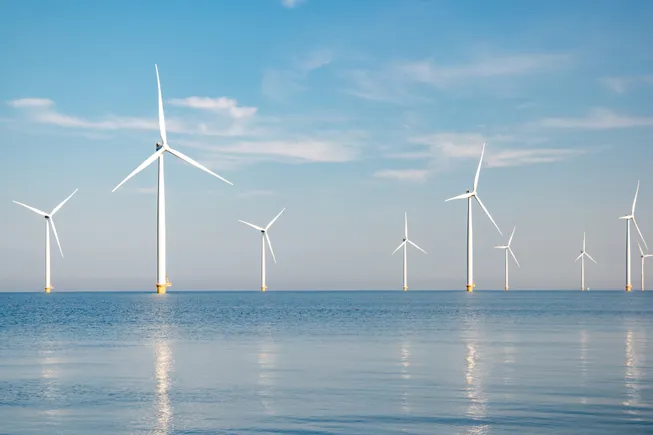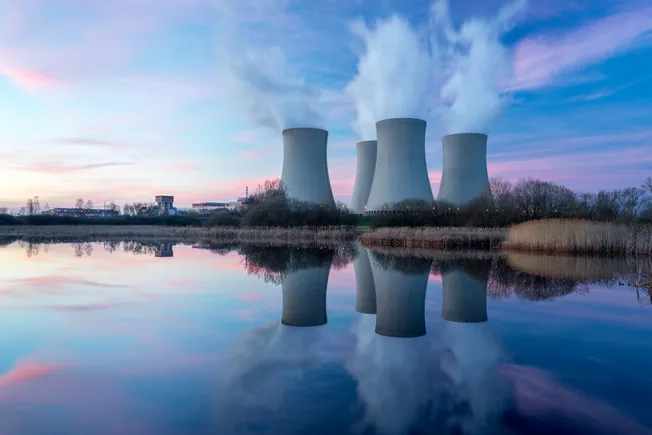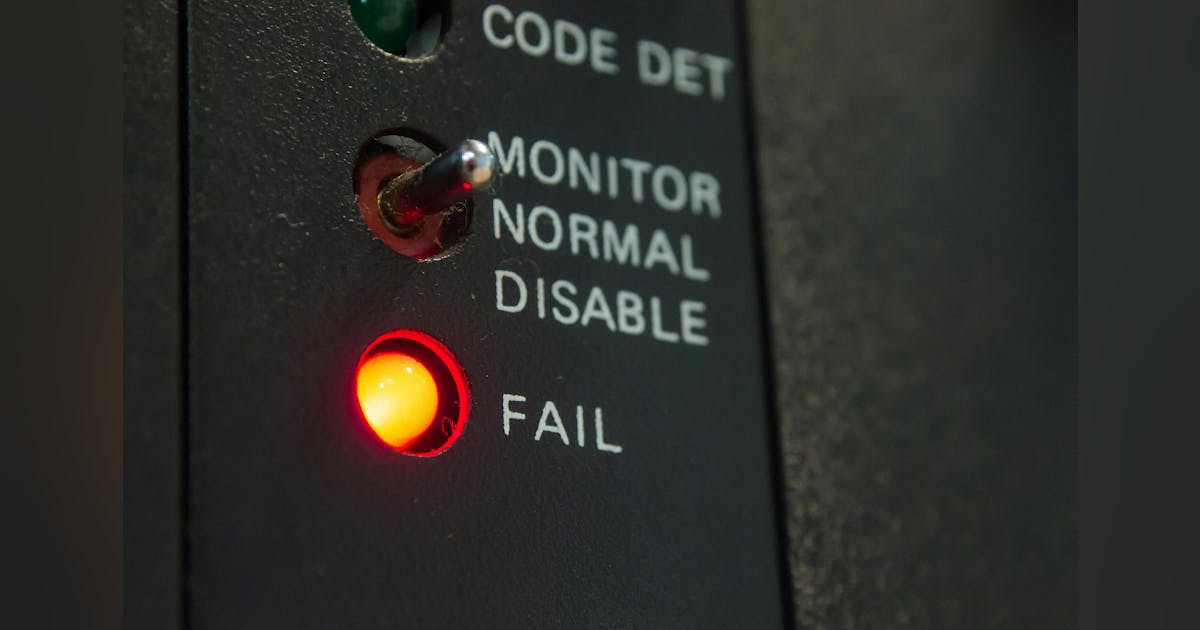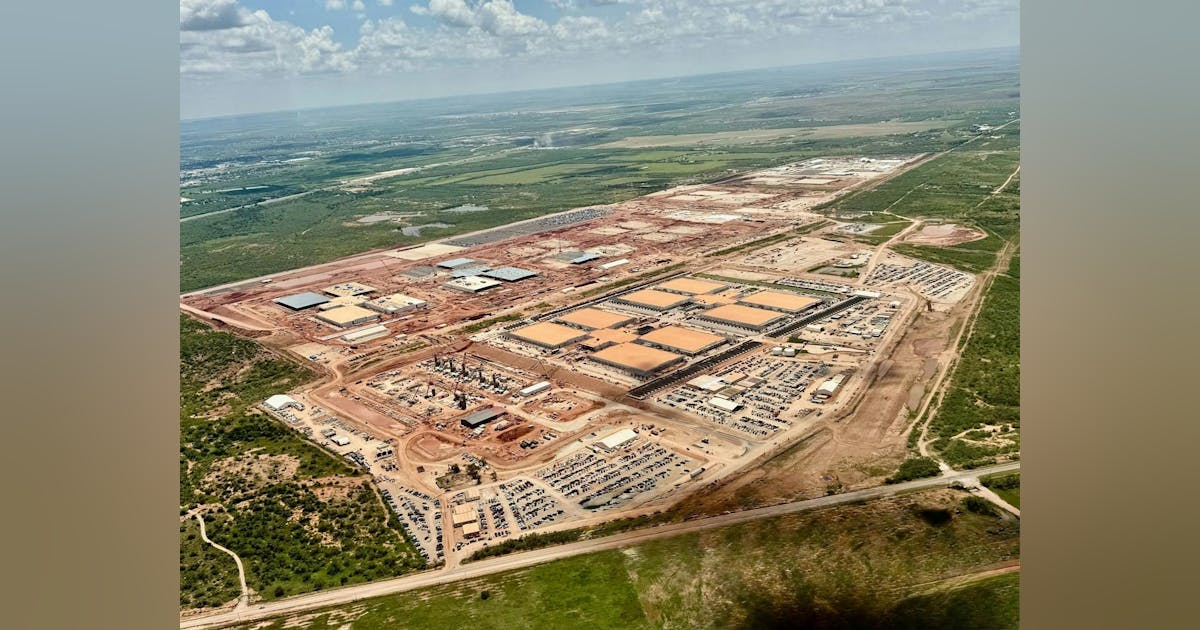
Dive Brief:
- Construction work will resume “as soon as possible” on the 700-MW Revolution Wind project offshore Rhode Island, joint owner Ørsted said Monday after a judge granted the project a preliminary injunction against the Trump administration’s August stop work order.
- “Revolution Wind has demonstrated likelihood of success on the merits of its underlying claims,” U.S. District Court for the District of Columbia Judge Royce Lamberth said in his Monday ruling. “It is likely to suffer irreparable harm in the absence of an injunction … maintaining the status quo by granting the injunction is in the public interest.”
- Ørsted said the ruling will allow the project to “restart impacted activities while the underlying lawsuit challenging the stop-work order progresses. Revolution Wind will continue to seek to work collaboratively with the U.S. Administration and other stakeholders toward a prompt resolution.”
Dive Insight:
The Bureau of Ocean Energy Management is enjoined from imposing the stop work order until the court decides otherwise, Lamberth ruled. Reuters reported Monday that Lamberth said during a hearing that if Revolution Wind “cannot meet benchmark deadlines, the entire project could collapse … There is no doubt in my mind of irreparable harm to the plaintiffs.”
Revolution Wind, a subsidiary of Ørsted and a 50/50 joint venture between Ørsted and Global Infrastructure Partners’ Skyborn Renewables, is fully permitted with 80% of its construction done. The project is slated for completion in 2026, at which point it will deliver power to Connecticut and Rhode Island.
The attorneys general for Connecticut and Rhode Island also filed suit against the Trump administration earlier this month, requesting an injunction on the basis that the federal government “arbitrarily reversed course and issued a Stop Work Order without explanation … despite the States’ and others’ deep reliance interests.”
BOEM said in its stop work order that it wanted to pause the project to “allow time for it to address concerns that have arisen” during the review of wind energy development that the Department of the Interior is undertaking, as directed by President Donald Trump’s Jan. 20 executive order.
“In particular, BOEM is seeking to address concerns related to the protection of national security interests of the United States and prevention of interference with reasonable uses of the exclusive economic zone, the high seas, and the territorial seas,” said BOEM’s acting director Matthew Giacona.
Revolution Wind argued in its lawsuit that BOEM “has been subject to political pressure from the White House and Members of Congress to halt offshore wind.”
“The nearly ten-year environmental and safety review process spanning three presidential administrations concluded that Revolution Wind’s project should be permitted to go forward under all statutory and regulatory review requirements,” Revolution Wind said. “Yet, after the Presidential Memorandum and the statements of various members of the Administration, Interior and BOEM changed their mind and issued the Stop Work Order.”





















